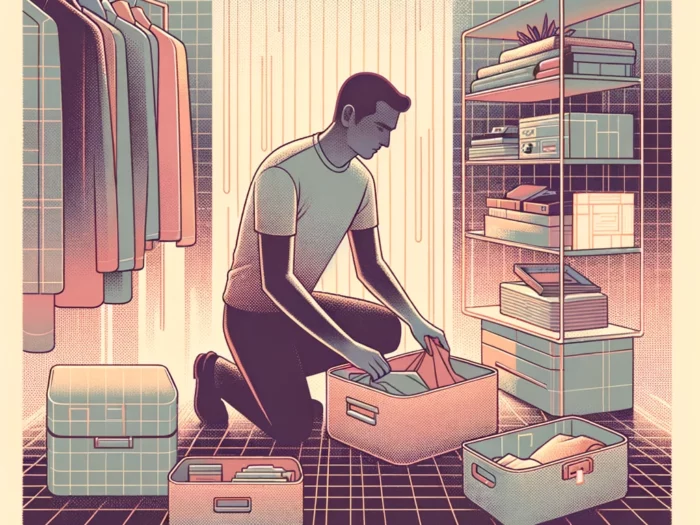
It’s a phrase that’s been used as long as we could speak: What if? It can be used in both positive and negative contexts. But what if we stopped saying what if?
I’ll admit that I can be a bit of a worrier, especially when it comes to health-based issues. In the past, when I got any kind of new ache or pain, I’d start going through worst-case scenarios. As I get older, I’ve become a little more accepting about the fact that there are no guarantees. Nobody gets out alive. But I still have my struggles with what if.
What If Is An Expression Of Doubt
What we’re really doing when we question things is doubting. In the negative context, we are doubting positive outcomes. The majority of the time, when we worry about our health, the thing we worry about does not come to pass. All we do is work ourselves up and cause ourselves stress. This might be worse for our health than the thing we were worrying about.
What if can also communicate a lack of confidence. How many times have you or someone you know said these words:
What if…
- I started a business?
- we traveled to a foreign country?
- I could play a musical instrument?
- we hiked the Pacific Crest Trail?
- I started exercising regularly?
- we could become missionaries?
- I could get rid of my clutter?
I think you get the idea. But most of the time we never follow through with our what ifs. It’s simply wishful thinking.
What About Innovation And Imagination?
We can all picture the innovative medical scientist who’s passionately working on a new cure: “What if I mixed these two compounds…?” And we think this is a good use of the phrase. It leads to discoveries. Or how about the kid who asks, “What if I could fly?” It builds imagination.
Let’s rethink this. Instead of questioning her actions, the medical scientist could have made a positive statement. Something like, “I believe that mixing these two compounds will bring positive results.” Instead of saying, “What if I could fly,” the little boy could have simply said, “I’m flying,” as he spread his arms like wings.
What if expresses doubt. It’s often a form of overthinking. Instead, let’s just move forward. Do what needs to be done. And believe in ourselves.












